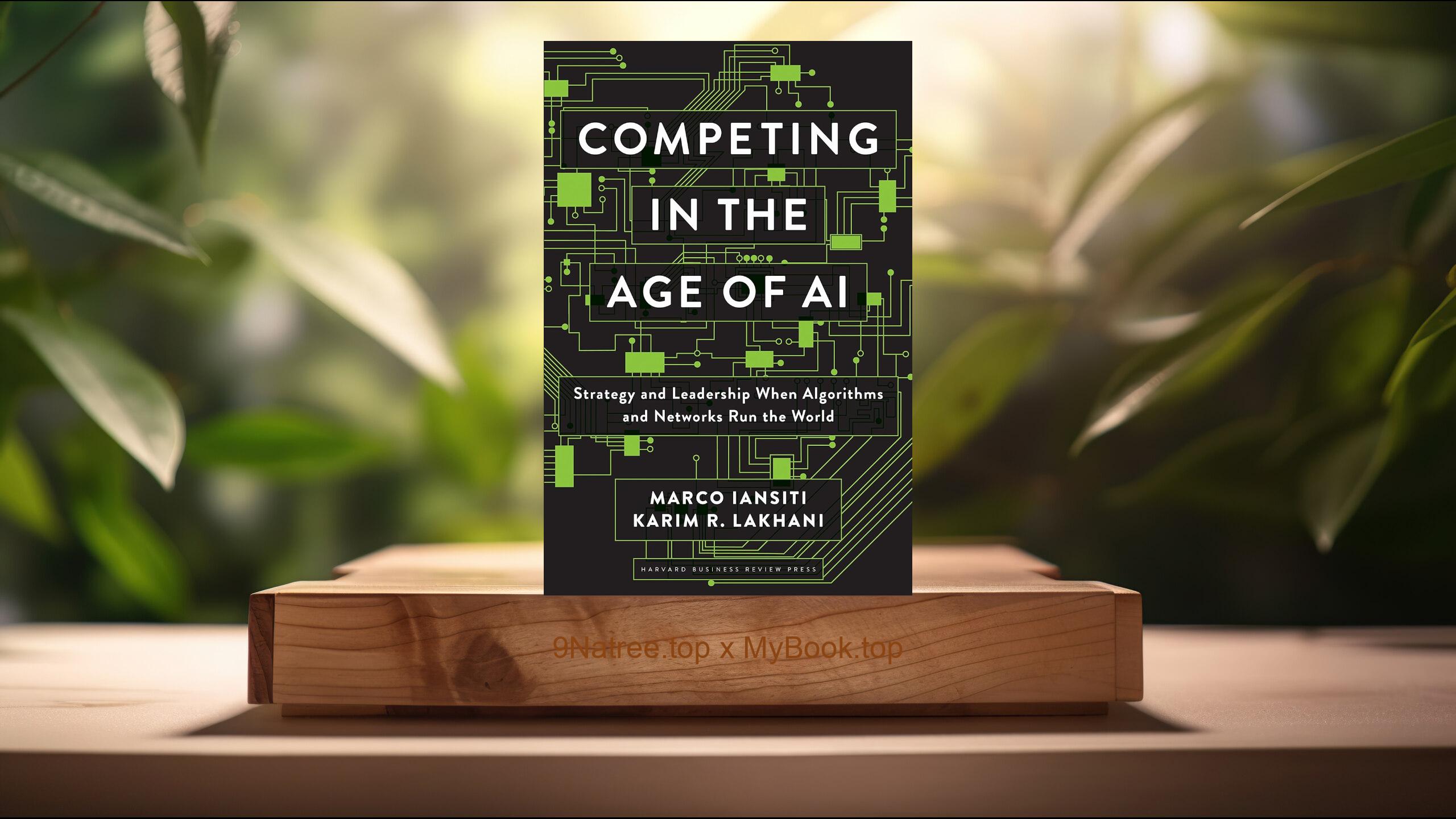Show Notes
- Amazon US Store: https://www.amazon.com/dp/B09TRS55K8?tag=9natree-20
- Amazon Worldwide Store: https://global.buys.trade/The-Business-Case-for-AI-Kavita-Ganesan.html
- Apple Books: https://books.apple.com/us/audiobook/the-business-case-for-ai-a-leaders-guide-to/id1659087488?itsct=books_box_link&itscg=30200&ls=1&at=1001l3bAw&ct=9natree
- eBay: https://www.ebay.com/sch/i.html?_nkw=The+Business+Case+for+AI+Kavita+Ganesan+&mkcid=1&mkrid=711-53200-19255-0&siteid=0&campid=5339060787&customid=9natree&toolid=10001&mkevt=1
- Read more: https://mybook.top/read/B09TRS55K8/
#ArtificialIntelligenceinBusiness #AIStrategy #RealWorldAIApplications #AIBestPractices #EthicalAI #DataGovernance #AIInnovation #DigitalTransformation #TheBusinessCaseforAI
These are takeaways from this book.
Firstly, Understanding AI and Its Business Implications, Kavita Ganesan begins by elaborating on the foundational concepts of Artificial Intelligence, emphasizing how it transcends traditional computing to provide solutions that can learn from data and improve over time. She explains key AI technologies like machine learning, natural language processing, and robotics, illustrating how these can be leveraged to solve complex business challenges. The discussion encompasses AI's potential to enhance decision-making processes, optimize operational efficiencies, and create personalized customer experiences. This section underlines the necessity for business leaders to grasp AI's underlying principles to identify opportunities where AI can be integrated into their strategic objectives effectively.
Secondly, Developing an AI Strategy for Your Business, The book transitions from theoretical foundations to strategic applications, guiding leaders on how to formulate an AI strategy tailored to their business goals. Ganesan stresses the importance of aligning AI initiatives with broader business objectives to ensure they deliver tangible value. This includes setting clear goals, engaging stakeholders, and developing a roadmap that identifies key milestones and metrics for success. A significant part of this topic delves into the challenges of data management and governance, highlighting how the quality and accessibility of data are central to the success of AI projects. Practical advice on building or acquiring AI capabilities, whether through in-house development or partnerships, is also provided to help leaders navigate their AI journey.
Thirdly, Real-World AI Applications and Success Stories, Illustrating the tangible benefits of AI, Ganesan showcases diverse case studies across industries such as healthcare, finance, retail, and manufacturing. These real-world examples bring to light how businesses have successfully implemented AI to improve product recommendations, automate customer service inquiries, detect fraudulent activities, and streamline supply chain management. Through these narratives, readers gain insights into the strategies companies employed, the challenges they faced, and the outcomes of their AI initiatives. This section serves as both inspiration and a practical guide, offering valuable lessons on leveraging AI for business growth and innovation.
Fourthly, Best Practices and Ethical Considerations in AI, In advancing AI within a business context, Ganesan emphasizes the importance of adhering to best practices and ethical standards. This includes ensuring transparency, fairness, and accountability in AI systems to build trust amongst users and stakeholders. The discussion further explores the significance of data privacy and security, highlighting regulatory compliance as a critical aspect of AI projects. Ganesan provides actionable advice on creating ethical AI frameworks that not only align with legal requirements but also reflect the organization's values and ethics. This ensures that AI implementations are socially responsible and contribute positively to societal well-being.
Lastly, Overcoming Challenges and Future-Proofing Your AI Strategy, Finally, Ganesan addresses the hurdles business leaders may face when integrating AI into their operations, including technical, cultural, and organizational challenges. By offering solutions to these common issues, such as fostering an AI-ready culture, ensuring cross-functional collaboration, and staying agile in technology adoption, she provides a roadmap for successfully navigating the complexities of AI implementation. Additionally, insights on monitoring AI trends and emerging technologies prepare businesses to adapt their strategies in anticipation of future developments in AI. This proactive approach helps companies not only to overcome present challenges but also to stay competitive in the rapidly evolving digital landscape.
![[Review] The Business Case for AI (Kavita Ganesan) Summarized](https://episodes.castos.com/660078c6833215-59505987/images/1843647/c1a-085k3-34k2o90rf7qw-1l02fj.jpg)




